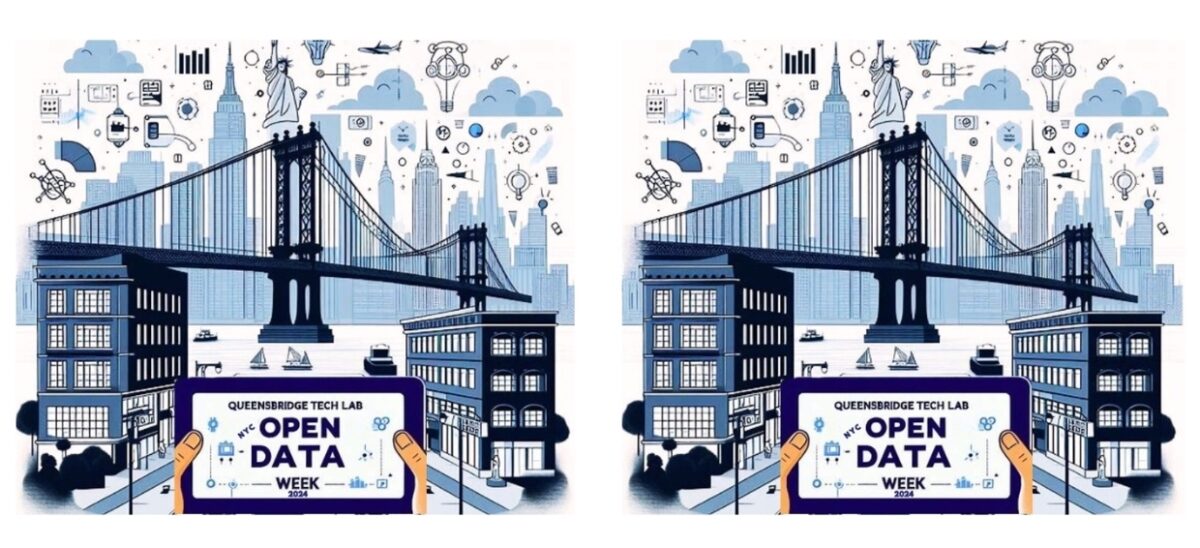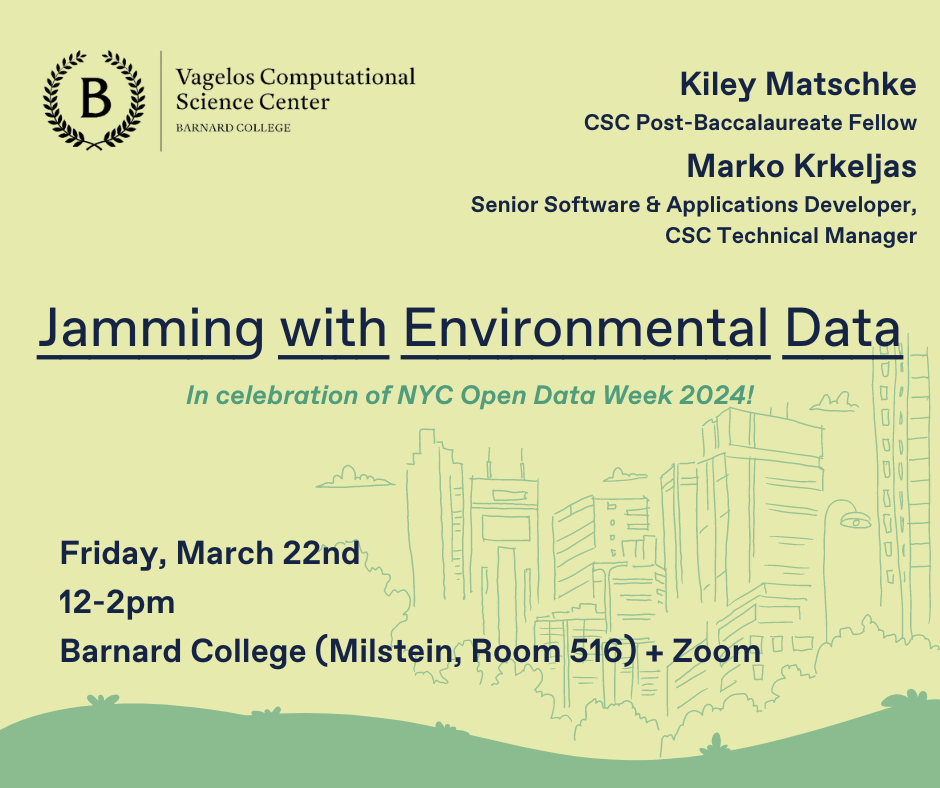Embark on an enlightening exploration of the intricate journey of data, tracing its lifecycle from inception to its myriad destinations. “Data Tracks” offers participants a captivating guided tour through the various stages of data, providing invaluable insights into its creation, dissemination, and utilization.
Through engaging group discussions and interactive activities, participants will delve into the fascinating world of data, sharing personal experiences and perspectives. From the moment data is generated to its ultimate destinations, participants will gain a comprehensive understanding of the pathways and processes involved in its lifecycle.
One of the workshop’s highlights is the in-depth analysis of where data travels after its creation. Participants will explore the intricate data flow network, uncovering the diverse channels through which data is transmitted, stored, and accessed. From online transactions to social media interactions, participants will gain a nuanced understanding of the digital ecosystem and the various actors involved in shaping the destiny of data.
By the end of the workshop, participants will emerge with a heightened awareness of their digital footprint and the tools they need to navigate the digital landscape confidently. Whether you’re a novice seeking to understand the basics of data privacy or a seasoned internet user looking to enhance your cybersecurity practices, “Data Tracks” offers something for everyone.
Join us on this transformative journey as we unravel the mysteries of data and empower participants to cultivate a secure and informed online presence. Your journey to digital empowerment begins here.
Resources we will be using include:
NYC Open Data (https://data.cityofnewyork.us/browse): Participants will use this resource to create a visual timeline of a typical day, highlighting where and how data is generated and collected. They can explore datasets related to various aspects of daily life in New York City, such as transportation, weather, social media usage, and public services, to visualize the flow of data throughout their day.
NYS Cybersecurity Tips (https://its.ny.gov/cybersecurity-tips-topics): Participants will learn about best practices for safeguarding personal information online, including tips for creating strong passwords, enabling two-factor authentication, avoiding phishing scams, and using encryption tools. They’ll explore resources provided by NYC’s cybersecurity initiatives to enhance their awareness of online privacy and security measures. This includes exploring scenarios of data breaches and their impact and discussing the importance of protecting sensitive information from unauthorized access and misuse. Finally, they will engage in a discussion on responsible data-sharing practices and the tools and resources available for protecting and managing data. They’ll leave with privacy, transparency, and accountability in data sharing and management processes.




